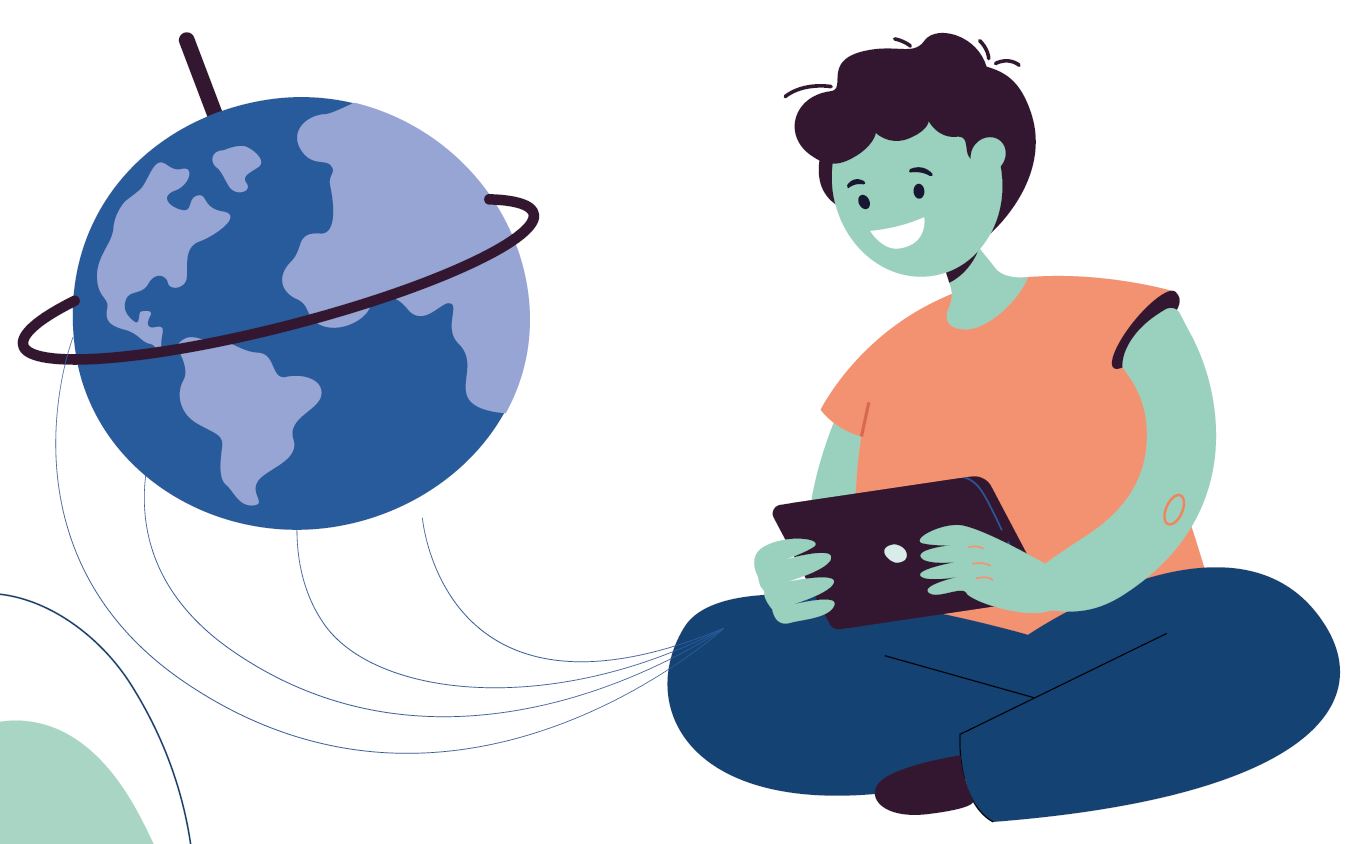Children want the EU to step up their online protection
The VOICE project, led by ECPAT International, Eurochild and Terre des Hommes Netherlands, consulted 483 children on online safety in 2023. As many children can’t vote in the EU, their wishes are often invisible. However, as integral part of our society, their views must be duly considered by policy-makers. Here are some key asks from the children who participated in the VOICE project for this 2024-2029 European Parliament legislature.
Children and caregivers seek more comprehensive and improved information on online risks and safety. They have called upon schools and governments to provide more extensive and up-to-date educational programs on online safety, starting from younger ages, featuring more diverse and innovative content and tools, including more relatable and concrete scenarios and guidance. Beyond school programs, children have urged online platforms to enhance their efforts in building user awareness suggesting the use of in-app resources (i.e., videos, mini-games) and the use of child-friendly information, particularly in languages other than English. In this sense, the EU has a big potential encouraging Member States to support the development and mainstreaming of these programmes.
Many children reported feeling left alone managing online risks, frequently highlighting the need for governments to take greater responsibility in ensuring their privacy, protection, and safety online. They called for effective sanctions against wrongdoers, improved internet controls, and increased accountability for online platforms, including obligations on content monitoring.
Lastly, children expressed a clear desire for greater user agency online, leaning towards safety-by-design approaches and measures. This entails providing a range of appropriate choices for children that offer tailored, safe experiences and sufficient information to enable informed decision-making. For this, the EU must mandate digital designs that are safe by design and take into account the rights, maturity and development of children, i.e., through the use of Child Rights Impact Assessments.
The EU plays a key role in fulfilling this by advancing in the implementation of the Digital Services Act, including age assurance and age appropriate design, and stepping up the fight against child sexual abuse online. Other initiatives to promote children’s digital wellbeing and access to mental health support are crucially needed. These pieces of regulation are becoming more crucial at EU level as children expressed a desire for standardized restrictions and regulations across all countries. All children deserve to be protected and have their rights respected online.
Children want to be heard and have their views included in the design of online platforms and digital policies. The EU must encourage initiatives and create more spaces for online platforms and policy-makers to listen to children’s views to ensure digital policy is tailored to their needs and future proof.
Read all the recommendations to policy-makers and online platforms here.





